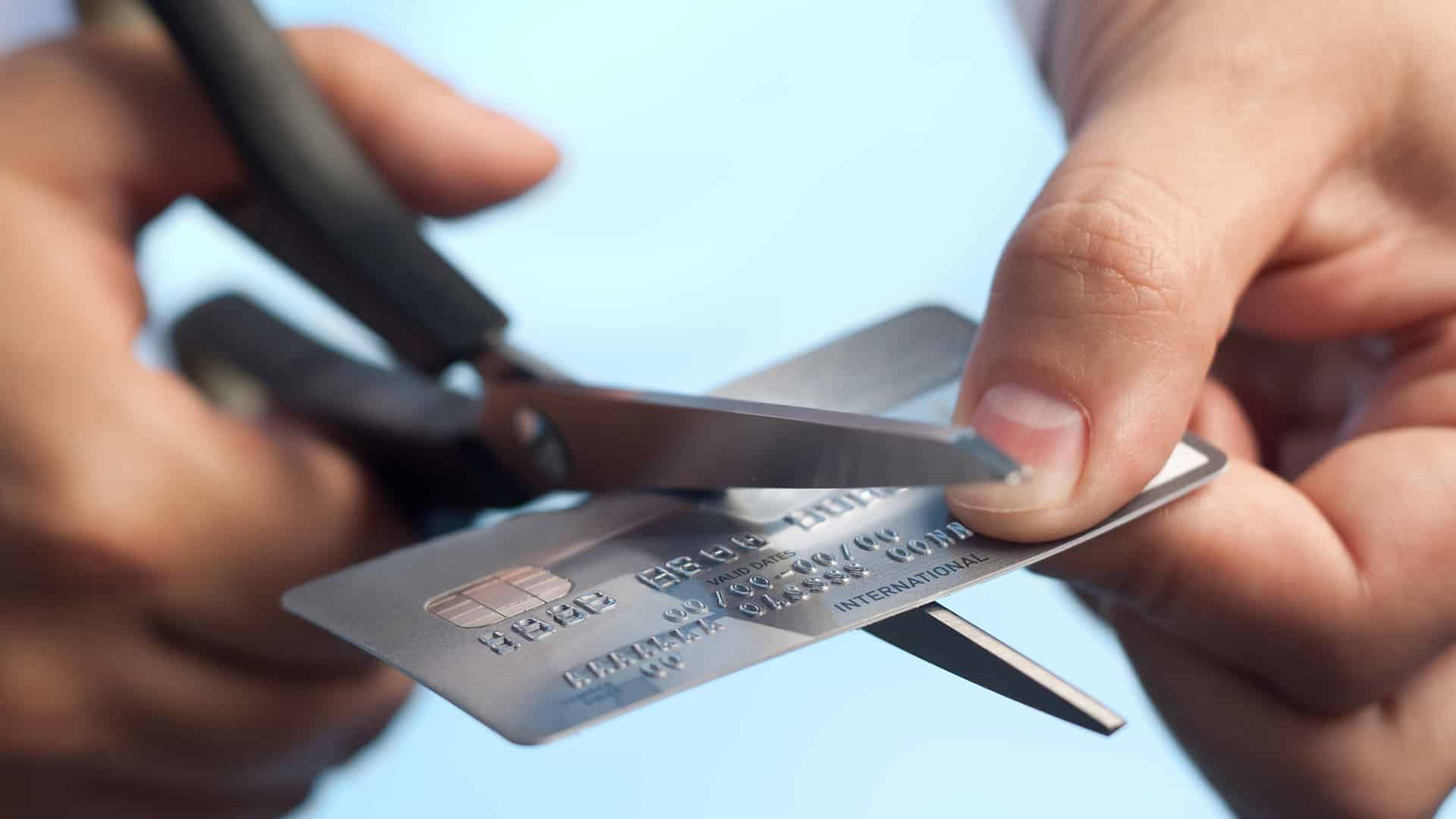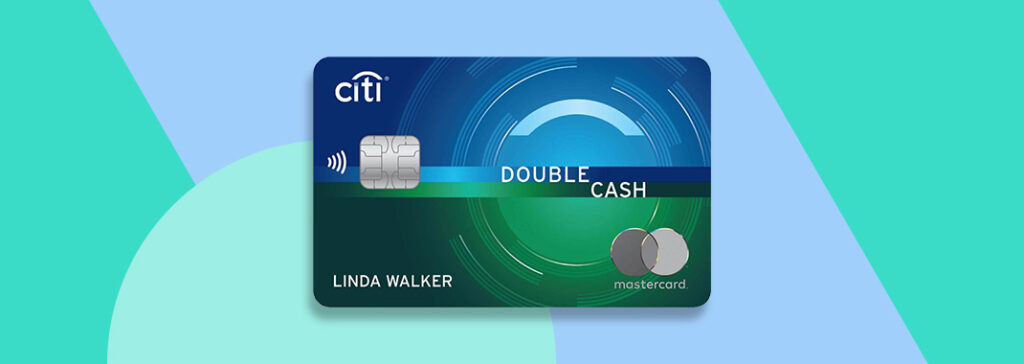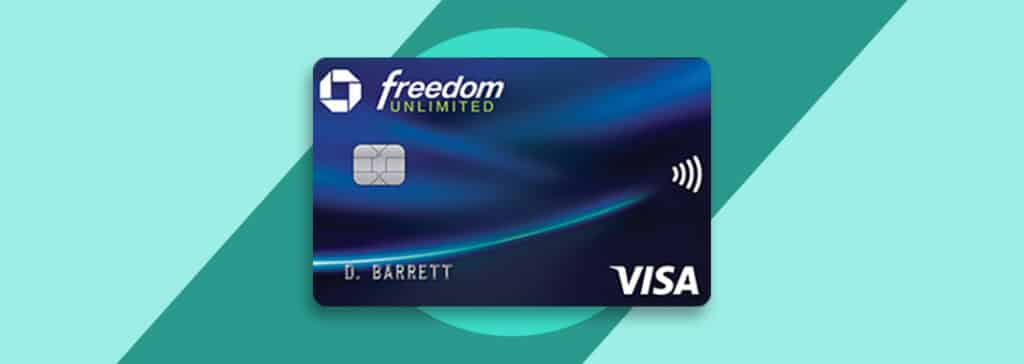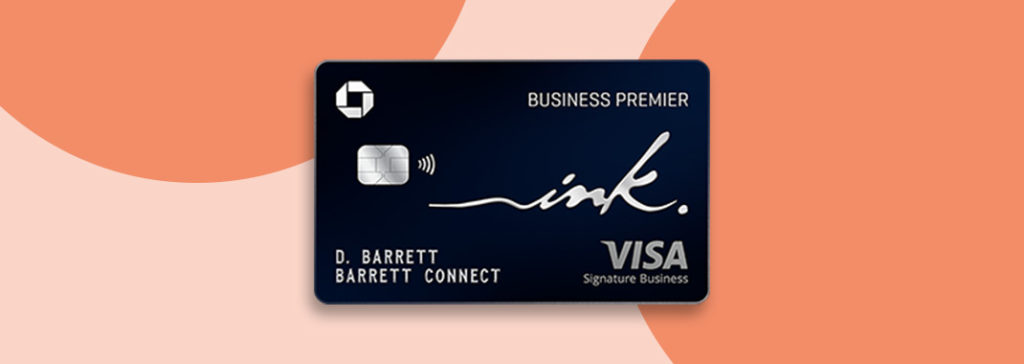Most products on this page are from partners who may compensate us. This may influence which products we write about and where and how they appear on the page. However, opinions expressed here are the author's alone, not those of any bank, credit card issuer, airline or hotel chain. This page may include information about American Express products currently unavailable on Slickdeals. American Express is not a partner of Slickdeals.
Juggling multiple credit cards over time can sometimes be too much to handle. Whether you're having trouble keeping track of too many credit cards or want to cancel a card to avoid the temptation to overspend, closing a credit card can actually have negative effects on a credit score. This is especially true if that credit card is one of your oldest cards and has a high credit limit.
With many households re-evaluating their finances these days, you may be considering whether you should close any of your credit cards. Here are some things to consider before closing a card, and how to minimize the negative impact of a card cancellation on your credit score.
How Credit Cards Impact Your Credit Score

A credit card provides revolving credit that grants you a spending limit, with various repayment options. As it is a form of debt that's reported to credit bureaus, a credit card can effect your credit score just like any other credit product would.
Here is how a credit card can affect one's credit score, according to the FICO® Score model:
- Payment history: If you're late with payments you'll need to pay a fee, and the card issuer will notify the major credit bureaus Experian, Equifax and TransUnion. The same goes for missed payments and unpaid balances. Conversely, a history of on-time payments can boost your credit score.
- Credit utilization ratio: This measures how much of your credit card's available limit you're spending. A high utilization ratio shows lenders you might be overspending or have increased risk of not repaying what you borrow. On the other end, a low credit utilization ratio means you're keeping your borrowing down and paying your bill regularly. Most experts recommend aiming for a credit utilization rate under 30%.
- Credit mix: A credit card is one type of debt that could add to your credit mix. Diverse credit score profiles with a variety of well-managed credit accounts, such as credit cards, car loans and mortgages, tend to have higher credit scores.
- New credit accounts: If you're applying for multiple credit cards within a short amount of time, this can signify risky credit behavior and might hurt your score. Adding new accounts can also lower the average age of your credit history.
- Credit history length: Having a long history of credit accounts can contribute to a positive credit score. Your score will take into consideration the average age of your accounts, including your oldest and newest accounts.
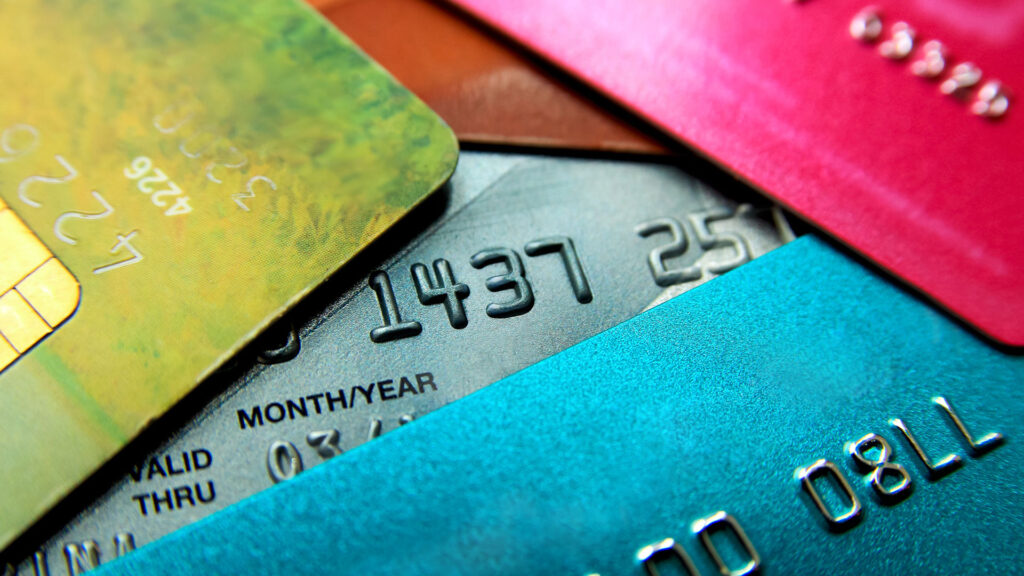 Related Article
Related Article
5 Credit Card Myths Hurting Your Credit Score
Reasons People Cancel Credit Cards
There are a variety of reasons why cardholders may decide to cancel a credit card:
- Financial hardship: If you're making minimum payments each month but interest and fees are adding up, keeping the credit card can contribute to financial hardship and cause debt to grow.
- Identity theft: Identity theft can happen at any time. If someone else opened a credit card in your name, take quick action to close or temporarily freeze the card before unauthorized charges appear.
- The card is not being used: Closing an unused credit card can make sense especially if you have multiple cards with similar rewards structures, or the card has a hefty annual fee.
- Card consolidation: For some people, credit card debt consolidation offers financial simplicity and helps them manage their monthly payments by streamlining all debt into a single card. For example, some balance transfer credit cards can help cardholders repay debt faster by offering no interest for a specific period of time.
What Happens When You Close a Credit Card
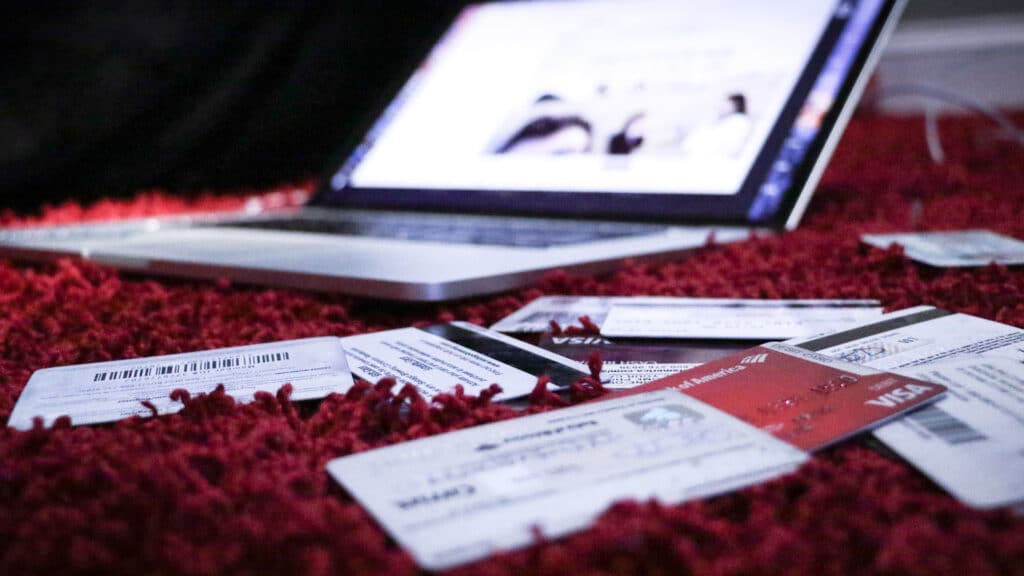
If you have a few credit cards and you're hoping to bump your score by closing some, it's important to know your score may drop initially. Here's why and how that can happen.
Your Credit Utilization Ratio Changes
Your credit utilization ratio is an important component that goes into calculating your credit score. Credit utilization is the amount of credit you're using compared to your available credit limit. A lower credit utilization ratio signals you're keeping your spending and debt in check and can help improve one's credit score.
Here is an example to illustrate how closing a credit card affects your credit utilization ratio.
Before closing a credit card:
- Say you have three credit cards, each with a limit of $4,000 (or $12,000 total).
- You use about $1,000 on each card ($3,000 total).
- That means means they have a credit utilization ratio of 25% ($3,000 divided by $12,000).
After closing a credit card:
- Now say you close two cards and keep just one with a $4,000 total credit limit.
- You continue to spend $3,000 per month with your card.
- Now your credit utilization score would jump to 75% ($3,000 divided by $4,000).
As mentioned above, xxperts recommend maintaining a utilization ratio below 30%, so the change in our example above will likely your score. To get back to a 25% utilization ratio, you would need to lower spending to $1,000 a month or ask for a credit limit increase to $12,000 on the remaining card.
Quick Tip
If you have two cards with the same lender and you close one, you may be able to request the canceled credit limit be added to the card you keep. Not all banks do this, but it doesn’t hurt to ask.
Your Credit History Changes
Many cardholders apply for their first credit card when they're fresh out of college—or some even during. This card usually starts their credit history and provides lenders with a long track record of one's credit use habits.
When you close your oldest credit card, you shorten your credit history. This could negatively impact your score, especially if your other loans are fairly new. If your canceled card happens to be the only credit item on your credit profile, you might risk a huge drop by closing it.
However, credit bureaus may keep the information on record for a period of time when you close the card. A credit card account closure won't remove the card from your credit history immediately, but you'll likely see the effects on your score within a few months.

I Have 20 Credit Cards — This Is How I Keep My Credit Score Above 800
When to Close a Credit Card
To determine whether it's time to close a credit card, start by evaluating your financial needs and situation. Here are some questions to ask when making this decision:
- Are you paying an annual fee on a card you rarely use? If you don't use your credit card and you're stuck with an annual fee of a couple of hundred dollars, that might be a good reason to cancel.
- Will keeping the card contribute to more debt? A credit card should help your finances, not cause financial hardship. The best way to know when it's time to close a credit card is by assessing your personal financial needs and possibly even speaking to a financial advisor.
There are a few credit cards that might be better to hold onto instead of closing:
- Credit cards with great rewards or perks: Rewards that match your needs may be worth it, if you can meet the terms to benefit from them. For example, travel cards or those with the best cash back for your everyday spending are worth keeping open for many people.
- Your only credit card: It's worth keeping at least one credit card open (and actively using it) just so you can build a good payment history.
- Your oldest credit card: It takes time to build up a credit history and when you close your card with the longest history, the average age of your accounts can significantly decrease. This can eventually hurt your credit score.
How to Close a Credit Card Safely

There are a lot of things to consider when you've decided you want to cancel a card. One of the biggest contributors to a dinged credit score is the credit utilization ratio. As long as you ensure your utilization doesn't increase and that you have other credit products in good shape that will contribute to your credit score, the drop should be minimal. This requires planning ahead, so don't rush to cut up your plastic just yet.
Here are some tips on how to close a credit card safely to minimize any negative impact:
- Lower your usage across all credit cards to maintain a similar credit utilization rate.
- Redeem rewards or points to ensure you've gained the maximum benefit from the card you want to cancel.
- Get in contact with the card issuer to settle the final outstanding balance to avoid paying any additional interest.
- Move over any recurring payments to a different card to avoid interruption of service.
- Pay the remaining balance on time and provide a written confirmation that you'd like the card to be canceled.
- Contact the credit card company for confirmation that the balance is paid in full and that the card is closed. Ask for a letter confirming this.
- Keep an eye on your credit report to see if the status is updated. This can take about two to three months.
Alternatives to Closing a Credit Card
Here are some alternatives to consider if you're on the fence about closing a credit card completely and worried about your credit score:
- Negotiate the payment terms: If the bill is too high, consider asking for a reduction in the interest rate or negotiating repayment terms. Ask if you can switch to a different type of card with better terms or rewards.
- Ask for a fee waiver: If you are closing the card because you don't want to an annual fee, ask the bank to waive that charge. In some cases they might, especially if you use the card frequently.
- Consider a downgrade: If the card has a high annual fee, you could contact customer service to request a downgrade to a card without a fee. This way, you can keep the account open to avoid changing your credit utilization ratio.
- Keep the card but use it occasionally: Consider keeping the card for a specific use, such as only for a Netflix subscription or small purchases here and there to keep the account active. Some card issuers may close an account if it remains inactive, so doing this can avoid that.
Should You Close a Credit Card?
In short, closing a credit card isn't bad if you have a good reason. Overall, it should be done carefully and rarely to avoid damaging your credit score.
When making this decision, consider the length of your credit history, whether you can afford to keep the card, if you're going to lose out on benefits or rewards, and whether there is an alternative to closing the card instead.
